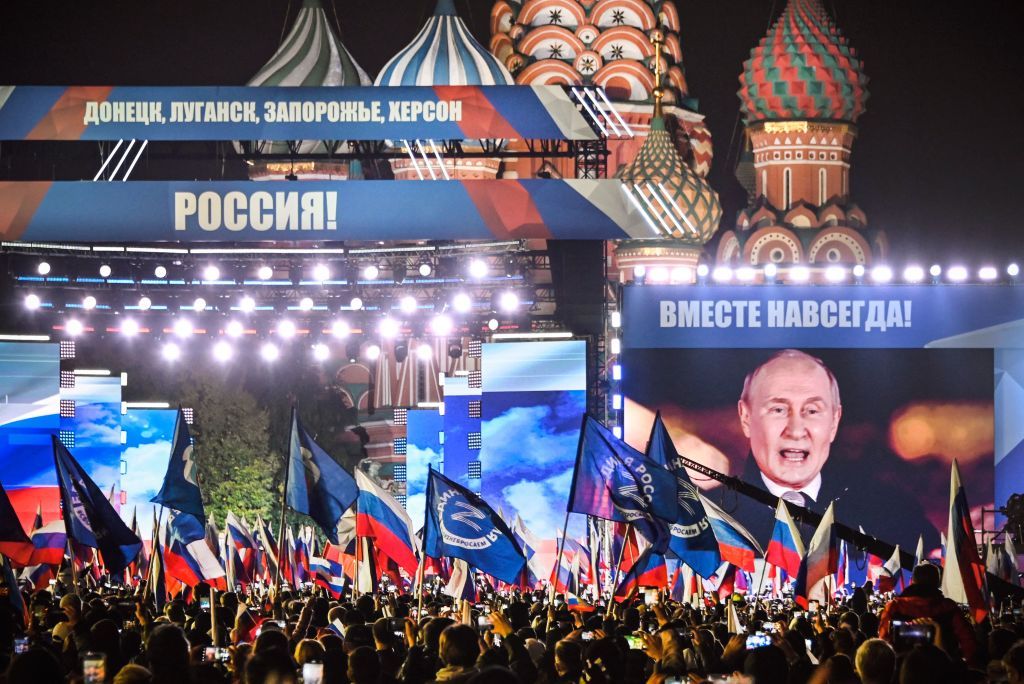US sanctions three companies that help Russia circumvent oil price cap

The U.S. Treasury Department's Office of Foreign Assets Control (OFAC) announced sanctions on Dec. 1 against three shipping companies for transporting Russian oil above the $60 price cap imposed by the U.S. and its allies.
Two of the three companies, Sterling Shipping Inc. and Streymoy Shipping Limited, are registered in the United Arab Emirates, and the third, HS Atlantica Limited, is based in Liberia.
The companies operated vessels using services from countries of the Price Cap Coalition, to transport Russian oil above $60 per barrel, thereby violating the established terms of use.
“Enforcement of the price cap on Russian oil is a top priority for the United States and our coalition partners,” said Deputy Secretary of the Treasury Wally Adeyemo. “By targeting these companies and their ships, we are upholding the dual goals of the price cap by restricting Russia’s profits from oil while promoting stable global energy markets.”
The Financial Times reported on Nov. 14 that the vast majority of Russian oil has been selling above the price cap.
According to the officials, the price cap initially saw some success after it was first introduced in December 2022, but Russia has since found ways to bypass it, and the price per barrel has likely returned on average to its pre-war status of roughly $80 per barrel.
In addition to the imposition of the price cap, the U.S. and its allies applied a number of other measures in an attempt to force compliance, such as "cutting off access to Western services like shipping and insurance unless traders abided by the $60 limit."
Nonetheless, Russia has found ways to circumvent these restrictions, in large part by simply operating without insurance and through the usage of a "ghost fleet" of hundreds of aging oil tankers.












